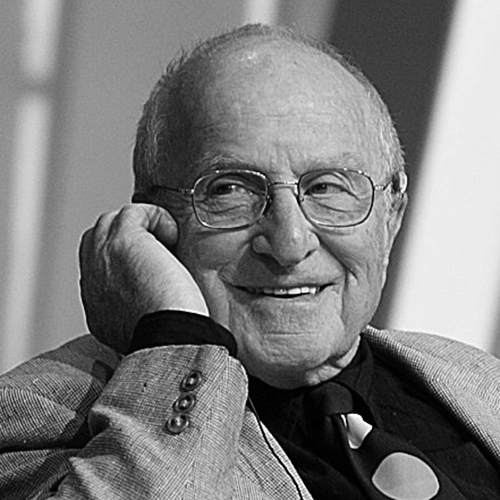This session discussed the role that big businesses and entrepreneurs play in effecting social development and change. Considering that the international community is failing to react quickly and effectively to the emerging problems of third world countries, this responsibility falls on the shoulders of big businesses. As opposed to traditional approaches, big businesses and organizations should react quickly and effectively to operate in fragile economies, not only to improve it but also to gain the capability to adapt in the respective economies. This session is bringing ‘for-profit’ companies and ‘non-profit’ social organizations like TRT World Citizen, Turkish Airlines and Windhorse International together to discuss humanitarian issues and corporate responsibility in enhancing sustainable development.
The discussion is initiated with a definition shared by the moderator Craig Copetas quoting Nobel Winner Richard Thaler. The moderator formed the discussion on the basis of Thalers’ argument and the concept of ‘nudge’. Mr. Copetas pointed out the importance of behavioral economics and ‘nudging’ others to do the right thing. In this context, İlker Aycı emphasized that Turkish Airlines is connecting Somalia to the world, nudging it, delivering assistance and care to Somalia on Turkeys behalf. In parallel with this, İbrahim Eren underlined the humanitarian focus of TRT World as a news channel and its immense effect in generating empathy and faith, globally. Additionally, Paul Polak stressed the significance of creating business opportunities for the people of third world countries who live on less than $2 a day. While doing this, the scale of action and the platform that people interact are of vital importance.
The ‘Big solutions for big problems’ session consisted of many themes that speakers emphasized on. Firstly, big solutions require sacrifice. Even if the process is at times cumbersome, businesses need to take incentives to spend money on social responsibility. This is a win-win process, generating mutual respect and trust. Secondly, doing the right thing bears more importance than fiscal concerns and nudging others to do this is the due that big businesses need to pay back to society. Thirdly, big businesses should think like small businesses and create empathy in order to help them. Companies who want to enhance this endeavour may face some difficulties but at the end of the day businesses having a social responsibility agenda could help mobilise other communities to get involved.


